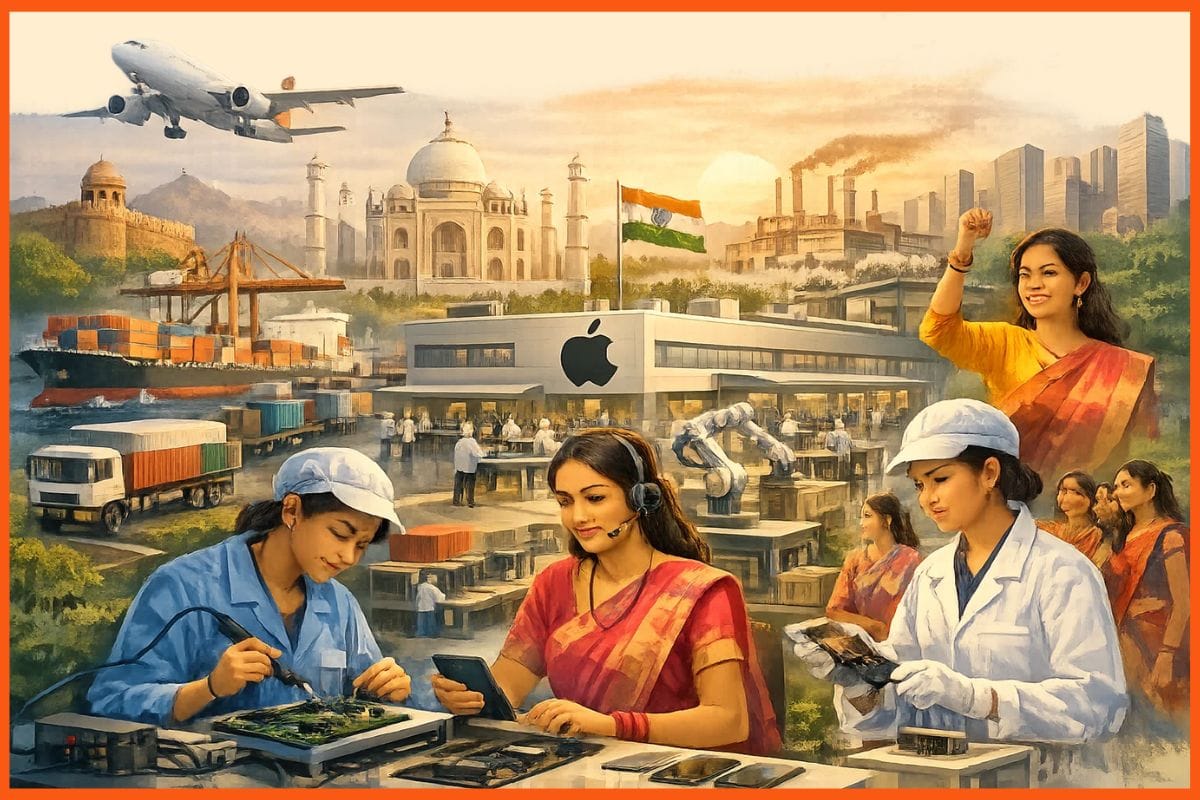Challenges Tesla will Face in India
tesla
Tesla, the electric vehicle manufacturer of Elon Musk, is set to start selling its base model in India in the near future. While many of its fans in India were jubilant about Tesla's entry, capturing the market can be the most daunting challenge the company has had until now. A Bloomberg article notes that Elon Musk is negotiating the opening of showrooms and possibly a factory with other Indian states Galuru branch. In India less than 1% of vehicles sold are electric vehicles, according to the Bloomberg report. The launch of Tesla's business in India will pose a significant challenge for the company. Let's have a look at the Challenges and Difficulties Tesla might face in India.
Elon Musk’s clean energy and electric vehicle company Tesla will start operations in India early next year, confirmed Union Minister for Road Transport and Highways Nitin Gadkari.
Tesla is initially expected to sell its vehicles in India, and Tesla would also look at setting up a manufacturing facility at a later stage depending on demand, Gadkari told The Times of India. At a recent media event, Gadkari said there is focus on developing electric cars and added that a lot of Indian firms are also looking at developing electric cars. Ultimately, Tesla ended up setting up its unit in Bengaluru.
Challenges for Tesla in India
Tesla's Pricing Challenge and Customer Base
Challenges for Tesla in India - Conclusion
Challenges for Tesla in India - FAQs

Challenges for Tesla in India
India announces steps to improve the country's Electronics sales but they may not be sufficient to increase the sales of Tesla's costly EVs. In 2015, India launched the Faster Adoption and Development of Hybrid and Electronic vehicle (FAME), which includes a INR 900 crore pledge to subsidies for electric tricycles for busses, as per the International Energy Agency, with a Faster Adoption and Development of Hybrid and Electronic vehicle (FAME). Another FAME program with INR 10,000 Crore was launched in 2019 to enable people to buy electricity supplies and build charging infrastructure. In addition, by August 2019, the government has reduced the Goods and Services Tax GST on electricity vehicles to 5 percent.
The tax rates for cars in India are one of the highest in the world. This includes a 28% Goods and Services Tax (GST) and charges ranging from 3% to 22%. Though subsidies for electric cars exist in places like New Delhi, they are not sufficient for more people to afford Tesla's cars. High taxes deter demand, and thus the attractiveness of economies of scale to consumers is reduced for manufacturers. For international brands, that was disastrous. Toyota announced last month that further growth in India will be stopped due to high taxes. Harley Davidson's decision to leave the market recently was allegedly attributed to higher taxes. Last year, Ford announced its move to a joint enterprise for the most part of its assets. So, it will be challenging for Tesla because big companies are pulling out because of higher taxes.

Tesla's Pricing Challenge and Customer Base
In India, Tesla's greater challenge is pricing. Given that Tesla's costly bids would not be eligible for EV subsidies in this region, Bloomberg New Energy Finance (BnEF) Analyst Allen Tom Abraham told Bloomberg that the top limit for EVs in India to eligible for subsidies is INR 15 lakh. It is worth noting that Tesla Mode l3, built in China, is started at 2,65,740 yuan or almost $41,000. The cost of crossing Model Y from Shanghai begins with 339,900 yuan. In addition to the price the export prices and charges on the Tesla cars will not be met for the majority of customers when they arrive in India.
It is about half that of China's average prices and just 25% of USA's average vehicle prices. This suggests that Tesla's cheapest car in India will attract just around 1% of the market, says Abraham. Tesla would therefore have a marginal sales volume in India. While Tesla is facing challenges, India's demand for electricity is now at a rising stage and, according to a study conducted by Council of Energy, Environment and Water (CEEW) for Energy Finance, Energy value in India could reach up to $206 billion in the next decadence. If it is to succeed, Tesla must keep its commitment to India. This is not the first time that Tesla CEO Elon Musk promises to visit India, as most musk watchers know.

Challenges for Tesla in India - Conclusion
Tesla would open its Model 3 vehicle pre-bookings, and deliveries would take place later this year. In India, the other Tesla models will be Model X, Model S, and Model Y, with approximate prices of INR 2 crore, 1.5 crore, and 50 lakh respectively. There is no chance of the business working with dealer companies in order to sell their vehicle. Potential buyers should note that while Model 3 is one of the more affordable cars in Tesla, it is not cheap to get to India, since it will be fully-built (CBU) cars with a high import duty. Although the prices are not confirmed, reports show that Tesla Model 3 could cost INR 55 lakh in India.

Challenges for Tesla in India - FAQs
Is Tesla cars available in India?
As of April 2021, they are not. But Tesla has already set up its unit in Bengaluru so it is assumed that they will be made available very soon.
Where has Tesla set up its Units in India?
Tesla has set up its unit in Bengaluru, India.
What will be the prices of Tesla in India?
It is expected that the pricing for Tesla in India will start from INR 55 Lakhs.
Why is Tesla so expensive?
Tesla's cost more than average cars due to its use of cleaner energy sources and it's advanced technologies. In India, other than import taxes they will also not be eligible for EV subsidiaries in India. This would be a challenge for Tesla.
Which Tesla car is coming to India?
Tesla Model 3, Model Y, Model S, Model X with approximate prices of INR 55 lakh, 50 lakh, 1.5 crore and 2 crore respectively.
Must have tools for startups - Recommended by StartupTalky
- Convert Visitors into Leads- SeizeLead
- Website Builder SquareSpace
- Run your business Smoothly Systeme.io
- Stock Images Shutterstock







